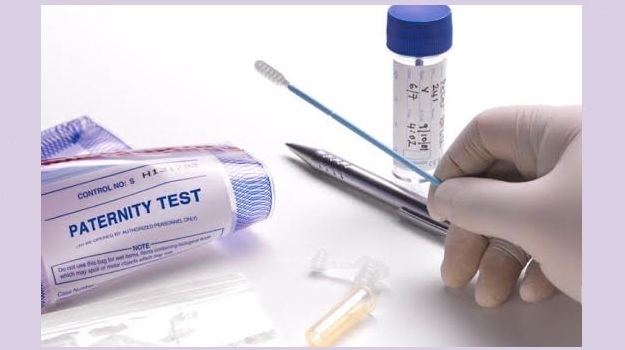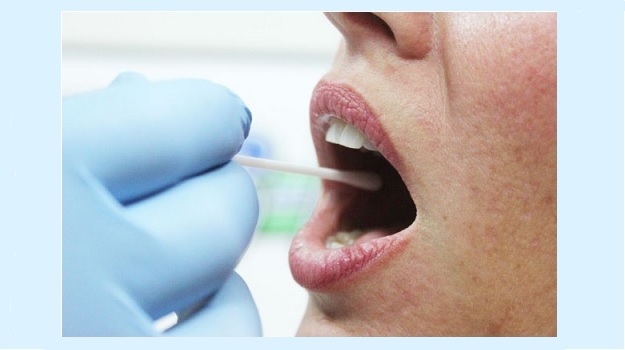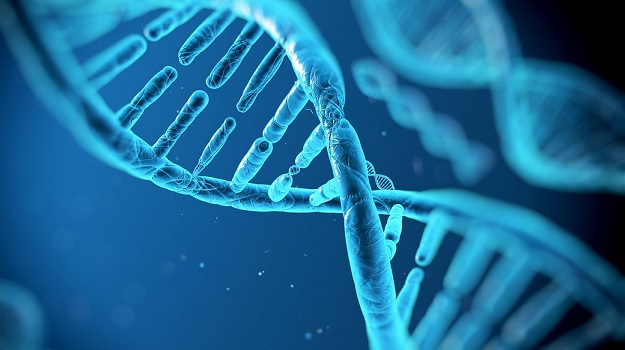Call Now: (424) 255-8378
Call Now: (424) 255-8378





Are you looking for DNA Paternity Testing in Los Angeles, California? There is a wide range of testing centers which makes it convenient for you to get your paternity test done easily without any hassle.
It is estimated that up to 20% of children in LA do not know about their biological fathers. Establishing paternity is crucial for both the child and parents. With evolving technology, paternity testing has become quite easy.
Paternity Testing is the most simple, accurate, and affordable way to establish a legally binding relationship between Child and Father.
Before you reach out to a licensed center, let’s dive into details.
Every human receives half of the genes (DNA) from the biological mother and the other half from the biological father. A paternity test is done to find out whether or not a specific man is the biological father of a child. The test includes collecting and examining the DNA of a sample of the body tissue of the alleged father and child.
In case, the alleged father doesn’t possess the DNA the child inherited, it means that the particular man is not the biological father of the child. A paternity test can be performed on a child of any age or even before his/her birth.
Do you require further information about paternity testing? Continue reading this post.
DNA is found in almost all parts of the human body. A small DNA sample required for testing can be taken from different bodily tissues or fluids. Usually, the cells that are commonly required to conduct a paternity test are blood cells and buccal cells (sample of cheek cells inside the mouth).
This methodology is considered to be the most appropriate test available. If the genes of the alleged father and child match on each DNA probe, the likelihood of paternity is 99.9%. To perform paternity testing, either a process known as Buccal Scrap or a blood test called RFLP (Restriction Fragment Length Polymorphism) is used.
As mentioned above, buccal cells and blood cells are the most common cells used by the laboratory to conduct paternity testing. These are epithelial cells which can be collected by rubbing the inside of the cheek with a cotton swab. The process is completely painless and can be performed easily.
Other type of samples that can be used to perform paternity testing include blood cells, hair follicles, nail clippings, and semen, but are only in circumstances where buccal cells cannot be obtained. The result of these samples will be the same as for blood and cheek cells because the DNA found in these cells is the same as the DNA in all other body cells. Â
We understand how sensitive and emotionally challenging it can be to take a paternity DNA test. We take care of our every client’s needs and make sure they have an exceptional experience with us. Our customer support service is completely dedicated towards fulfilling all your requirements.
To us, every case and every client is unique!
